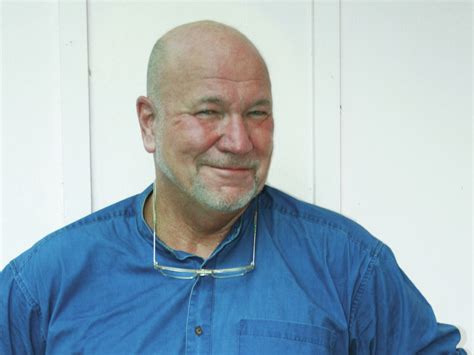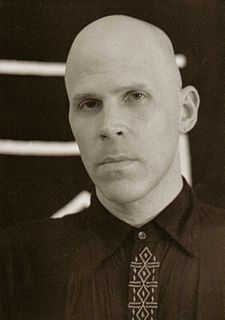A Quote by Jane Smiley
The novel as a form is usually seen to be moral if its readers consider freedom, individuality, democracy, privacy, social connection, tolerance and hope to be morally good, but it is not considered moral if the highest values of a society are adherence to rules and traditional mores, the maintenance of hierarchical relationships, and absolute ideas of right and wrong. Any society based on the latter will find novels inherently immoral and subversive.
Quote Topics
Absolute
Adherence
Any
Based
Connection
Consider
Considered
Democracy
Find
Form
Freedom
Good
Highest
Hope
Ideas
Immoral
Individuality
Inherently
Latter
Maintenance
Moral
Morally
Novel
Novels
Privacy
Readers
Relationships
Right
Right And Wrong
Rules
Seen
Social
Society
Subversive
Tolerance
Traditional
Values
Will
Wrong
Related Quotes
The strength of an individual is not in his extreme freedom and libertine lifestyle, but in the stalwartness of his character and his moral vigor. The society is made of individuals. What is true for an individual is also true for the society. A society that is not founded on moral values is doomed to fall.
If there is no absolute moral standard, then one cannot say in a final sense that anything is right or wrong. By absolute we mean that which always applies, that which provides a final or ultimate standard. There must be an absolute if there are to be morals, and there must be an absolute if there are to be real values. If there is no absolute beyond man's ideas, then there is no final appeal to judge between individuals and groups whose moral judgments conflict. We are merely left with conflicting opinions.
True freedom is not advanced in the permissive society, which confuses freedom with license to do anything whatever and which in the name of freedom proclaims a kind of general amorality. It is a caricature of freedom to claim that people are free to organize their lives with no reference to moral values, and to say that society does not have to ensure the protection and advancement of ethical values. Such an attitude is destructive of freedom and peace.
Immoral: Inexpedient. Whatever in the long run and with regard to the greater number of instances men find to be generally inexpedient comes to be considered wrong, wicked, immoral. If mans notions of right and wrong have any other basis than this of expediency; if they originated, or could have originated, in any other way; if actions have in themselves a moral character apart from and nowise dependent on, their consequences-then all philosophy is a lie and reason a disorder of the mind.
I often hear people say that they read to escape reality, but I believe that what they’re really doing is reading to find reason for hope, to find strength. While a bad book leaves readers with a sense of hopelessness and despair, a good novel, through stories of values realized, of wrongs righted, can bring to readers a connection to the wonder of life. A good novel shows how life can and ought to be lived. It not only entertains but energizes and uplifts readers.
While the Western society gives total freedom to the individuals to do whatever "consenting adults" please, which admittedly is better than having the government poke into your private life and your bedroom, like in Islamic countries, there are no moral compasses to tell what is right from wrong. The very notion of right and wrong has come under question. The motto is "if it feels good do it". Hedonism rules!
I'm not saying that atheists can't act morally or have moral knowledge. But when I ascribe virtue to an atheist, it's as a theist who sees the atheist as conforming to objective moral values. The atheist, by contrast, has no such basis for morality. And yet all moral judgments require a basis for morality, some standard of right and wrong.
The very idea of freedom presupposes some objective moral law which overarches rulers and ruled alike. Subjectivism about moral values is eternally incompatible with democracy. We and our rulers are of one kind only so long as we are subject to one law. But if there is no Law of Nature, the ethos of any society is the creation of its rulers, educators and conditioners; and every creator stands above and outside his own creation.
This is another thing which I really like investigating in my novels: what is it that makes an intimate society, that makes a society in which moral concern for others will be possible? Part of that I think are manners and ritual. We tried to get rid of manners, we tried to abolish manners in the '60s. Manners were very, very old-fashioned and un-cool. And of course we didn't realise that manners are the building blocks of proper moral relationships between people.






































